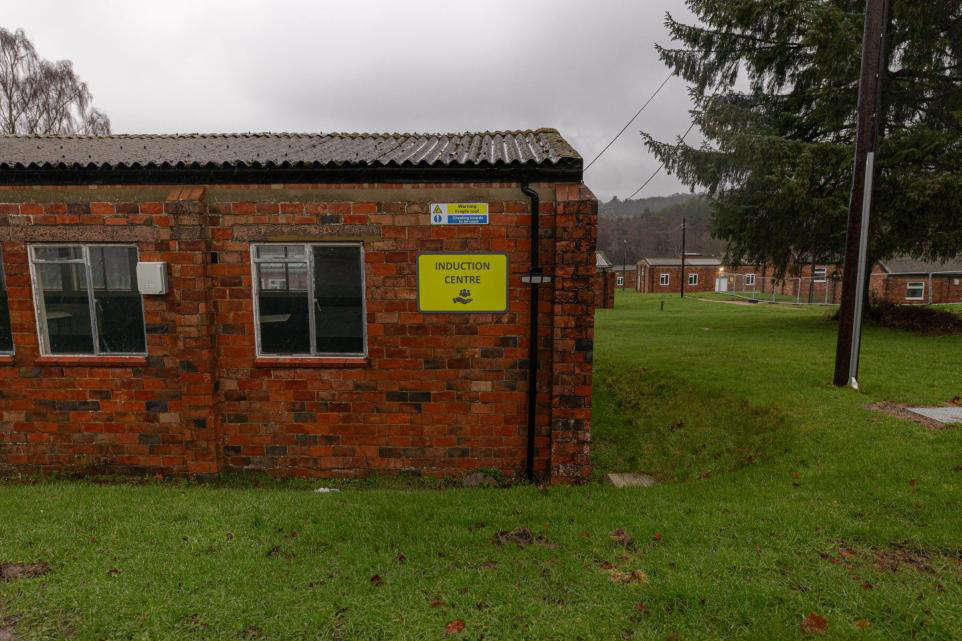
With the Christmas holidays just around the corner, children are gearing up for weeks of fun and relaxation, much of which is likely to involve time online. The digital world plays a big role in keeping children entertained, however, this increased screen time also brings potential risks, making it more important than ever for parents to ensure their children are safe online during the break.
Khaled Bentoumi, co-founder of anyIP, offers seven tips to help safeguard children while allowing them to explore the digital world responsibly.
1. Educate your kids
Start by teaching your children about the potential dangers of being online, such as cyberbullying, predators, and scams. Explain why sharing personal information such as their name, address, or school can be risky. Foster open communication so they feel comfortable talking to you about their online experiences, good or bad.
2. Use parental controls
Take advantage of parental control tools to safeguard your child’s digital activities. Use filters to block inappropriate content and limit access to certain apps or websites. Monitoring tools can help you review their browsing history and ensure their interactions stay within safe boundaries.
3. Have devices in shared spaces
Place computers, tablets, and other devices in shared spaces like the living room, so you can easily supervise their use. Engage with your child by playing their favourite games or exploring apps together, which also gives you insight into their online habits.
4. Set rules and boundaries
Establish clear rules about when and how your child can use the internet. Set time limits to prevent excessive screen time and encourage breaks for offline activities. If they’re on social media, ensure their accounts are private and they only connect with trusted individuals.
5. Teach cybersecurity basics
Help your child understand the importance of cybersecurity by teaching them to create strong, unique passwords and never share them with others. Show them how to recognise phishing attempts and suspicious links that could compromise their safety.
6. Encourage reporting of issues
Create an environment where your child feels safe reporting any uncomfortable or threatening online experiences. Teach them how to block and report abusive users or content and emphasise that they won’t get in trouble for seeking help.
7. Lead by example
Model good online behaviour by practising what you preach. Limit your own screen time, avoid oversharing personal information and maintain respectful online interactions. Children learn by observing, so your habits will influence theirs.
Khaled Bentoumi, co-founder of anyIP, added,
"With a recent Ofcom report finding that 99% of children spend time online, it’s crucial for parents to take an active role in their children’s online safety. By combining open communication, clear boundaries, and the use of technology, like parental controls, we can create a safer digital environment for kids while teaching them how to navigate the online world responsibly."
 Cost of policing Crowborough migrant camp in East Sussex revealed
Cost of policing Crowborough migrant camp in East Sussex revealed
 Piltdown Golf Club nominated for an award
Piltdown Golf Club nominated for an award
 Man arrested after van collides into Polegate's Harvester
Man arrested after van collides into Polegate's Harvester
 Southern Water customers are set for a bill increase
Southern Water customers are set for a bill increase
 East Sussex man wanted on recall to prison
East Sussex man wanted on recall to prison
 Fire breaks out at Hare & Hounds Framfield
Fire breaks out at Hare & Hounds Framfield
 NHS eases mask wearing rules
NHS eases mask wearing rules
 People stranded at Birling Gap after cliff fall
People stranded at Birling Gap after cliff fall



